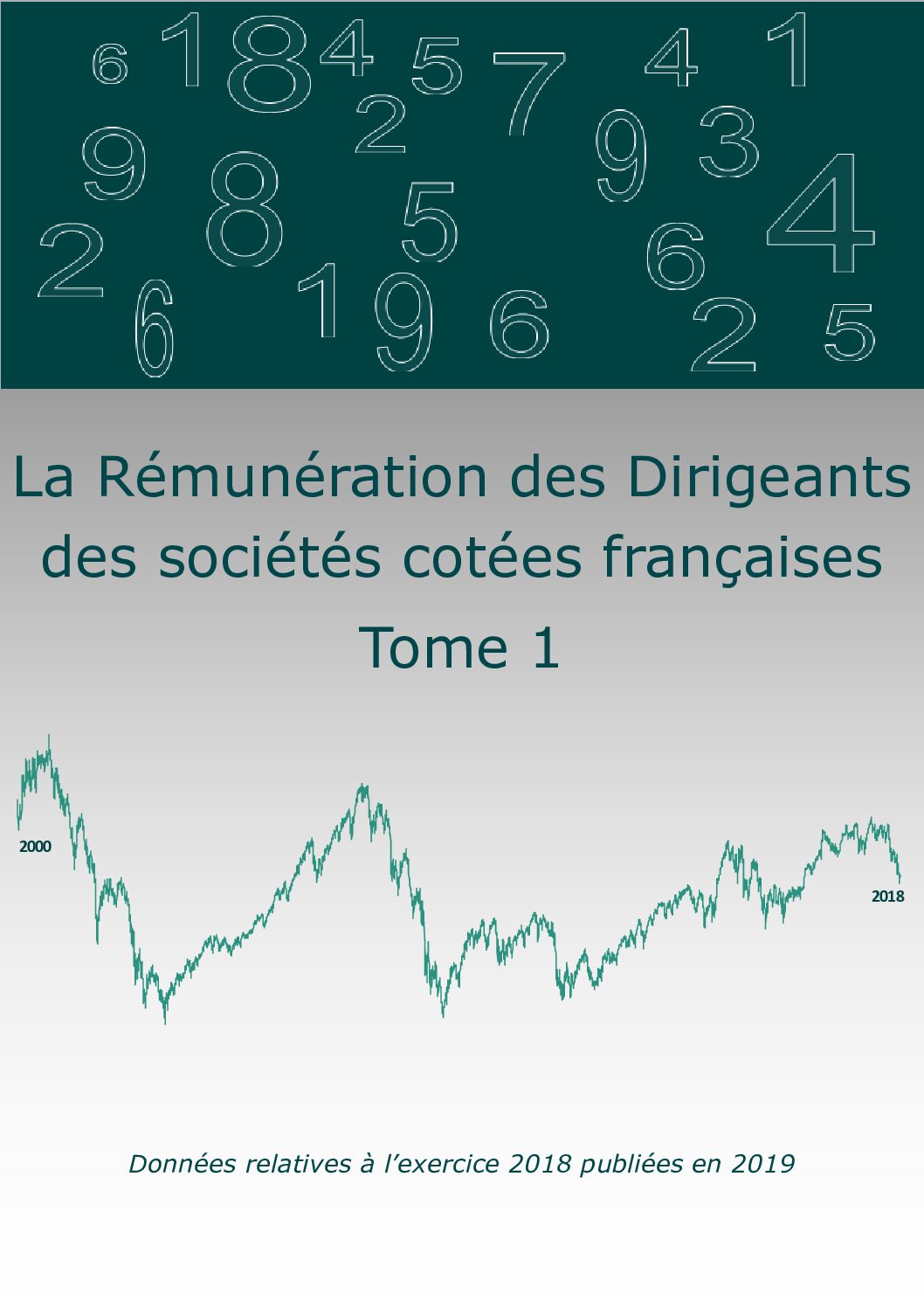The superb French software company, Dassault Systèmes, will hold an extraordinary general meeting on the 4th of September, an opportunity to ask a new vote on its Share-award plan following some technical changes implied by the new Macron Law. Under agenda item 1, the new proposal does not respond to investor concerns raised during the last AGM.
The last authorisation to grant shares to executives was approved by 85.80% of the voting rights. While the approval rate may appear high, it has to be corrected from the absenteism rate and the weight of the controlling shareholder. The managers (Bernard Cahrlès and Charles Edelstenne) and GIMD, the holding of Dassault family, together own 48% of the shares but controlled 76% of the voting rights the day of the general meeting due to investors not exercising their voting rights and to double voting rights, a strongly-debated protectionist tool which increases the influence of the main shareholders holding their shares under the registered form (“nominatif”) for two years or more. A close look at the votes of the minority shareholders only indicates that 59% of the votes of minority shareholders were against the last authorisation to grant share award to executives. For example, asset managers AXA Investment Management and NN Investment Partners (former ING Investment Management) respectively explained the reasons behind their opposition vote: « Pay for performance is not clear » and « This proposal merits an AGAINST vote because the level of information on performance criteria remains insufficient. » (source : Proxy Insight)
With respect to the new vote (agenda item 1 of the EGM), the future performance conditions are still not disclosed. While it may be disappointing for responsible investors encouraging Boards to make progress, this Board reluctance is likely to be explained by its own composition : a majority of Board members is made of executives or representatives of the controlling family. The interests of minority shareholders to implement a real link between remuneration and performance is not the priority of the Board, the same for the issue of double voting rights and equality of treatement of shareholders.
Beyond this lack of disclosure, minority shareholders must be worried about the challenging nature of the performance conditions attached to the last share-award plan. While Dassault Systèmes stock price amounts to 31 times the FY2015 EPS consensus (PER : 31), that shareholders expect a strong growth in EPS over the next years, that the management expects 11-12% of growth in non-IFRS revenues for FY 2015, the performance conditions underlying the vesting of the last share awards is simply a positive growth in non-IFRS Earnings Per Share over the next three years. A target of 0% in EPS growth is clearly not a challenging threshold for a group such as Dassault Systèmes. Even worse, if this first performance condition is not met, the management will get a new chance with a second one : the relative stock-price performance against the CAC 40 index. Shareholders may wonder why the group decided to use the French CAC 40 index while it could have built a relevant comparison group made of competitors (PTC Inc., etc.) or use the EuroStoxx Technology or Software indexes.
Dassault Systèmes performance conditions distort the spirit of the French AFEP-MEDEF corporate governance which requires serious and challenging performance conditions under its article 24.3.2.
The new authozation amounts to 2% of the share capital, including a maximum of 35% for executive directors which corresponds to EUR 119M at current stock price. In FY 2014, Bernard Charlès, CEO, was granted shares valued at EUR 5M under IFRS accounting standards. At this level of remuneration, minority shareholders have to require the vesting to be subject to challenging performance conditions, in line with the group’s strategic plan. Under its Proxy report, Proxinvest recommends ECGS clients to oppose the resolution 1 of the EGM.



